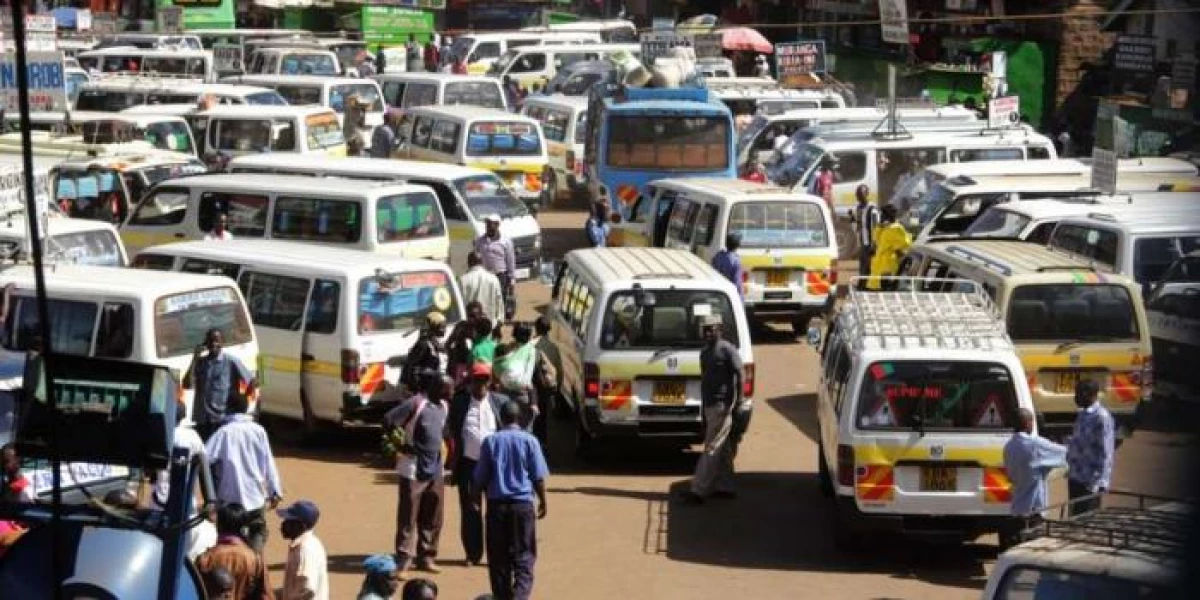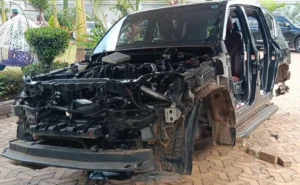Public transport sector players issued a seven-day strike notice starting today, protesting the increased road maintenance levy. They argue that the hike is illegal and discriminatory.
Earlier this week, the Energy and Petroleum Regulatory Authority (EPRA) announced the Ksh7 increase in the levy, a move that has sparked widespread criticism.
The COUNTDOWN pic.twitter.com/1I088MT4Cd
— Motorist Association (@motoristsoffice) July 20, 2024
On Friday, July 19, the Motorists Association of Kenya (MAK) announced a strike notice in response to the government’s increase of the road maintenance and fuel levy from Ksh18 to Ksh25 per litre.
READ: Kenyans React to New Arsenal Kit Resembling Flag
Led by the chairperson of the Motorists Association of Kenya, Peter Murima, the transport sector demanded the increase of the Road Maintenance Levy be reversed. They argue that the jump from Ksh18 to Ksh25 has put the transport industry under extreme economic pressure.
“We have agreed with all the sectors—those who transport fuel, transport persons, cargo, Uber, and everyone—that we are giving an ultimatum of seven days. Failure to which we will ground operations on the 8th day.” declared Peter Murima, the chairperson of MAK, vehemently opposing the proposed increase.
This move is expected to further damage Kenya’s already struggling economy amid ongoing protests. Approximately 80% of the workforce, primarily public service commuters, will have to seek alternative transportation, as working remotely remains unfamiliar or is flat-out impractical in most Kenyan industries.
Murima emphasised that the daily collection from the increased levy, amounting to Ksh 140 million from 20 million litres of diesel and petrol consumed, highlights the financial burden on motorists.
READ: Ruto Announces 11 Nominees for Cabinet
“Seven shillings on top of our fuel costs. If you multiply that with the daily consumption of 20 million litres of diesel and petrol, you find that every day we are being overcharged by an illegal excess of Ksh140 million.”
The association not only condemned the hike as illegal but also demanded structural reforms to improve transparency and accountability in the sector.
“We are the donkeys of everything. When the world prices go up, it is passed on to us without any reprieve. So why should they introduce taxes through the back door? That in itself is an insult to a sector that is providing a very important service to this country.”
Stakeholders are calling this increase unjust and harmful to the economic well-being of the transport sector, claiming that the government did not consider their views before implementing the increase.
This strike could affect nearly all Nairobians, as the majority of people commute to work using public service vehicles every day.
















